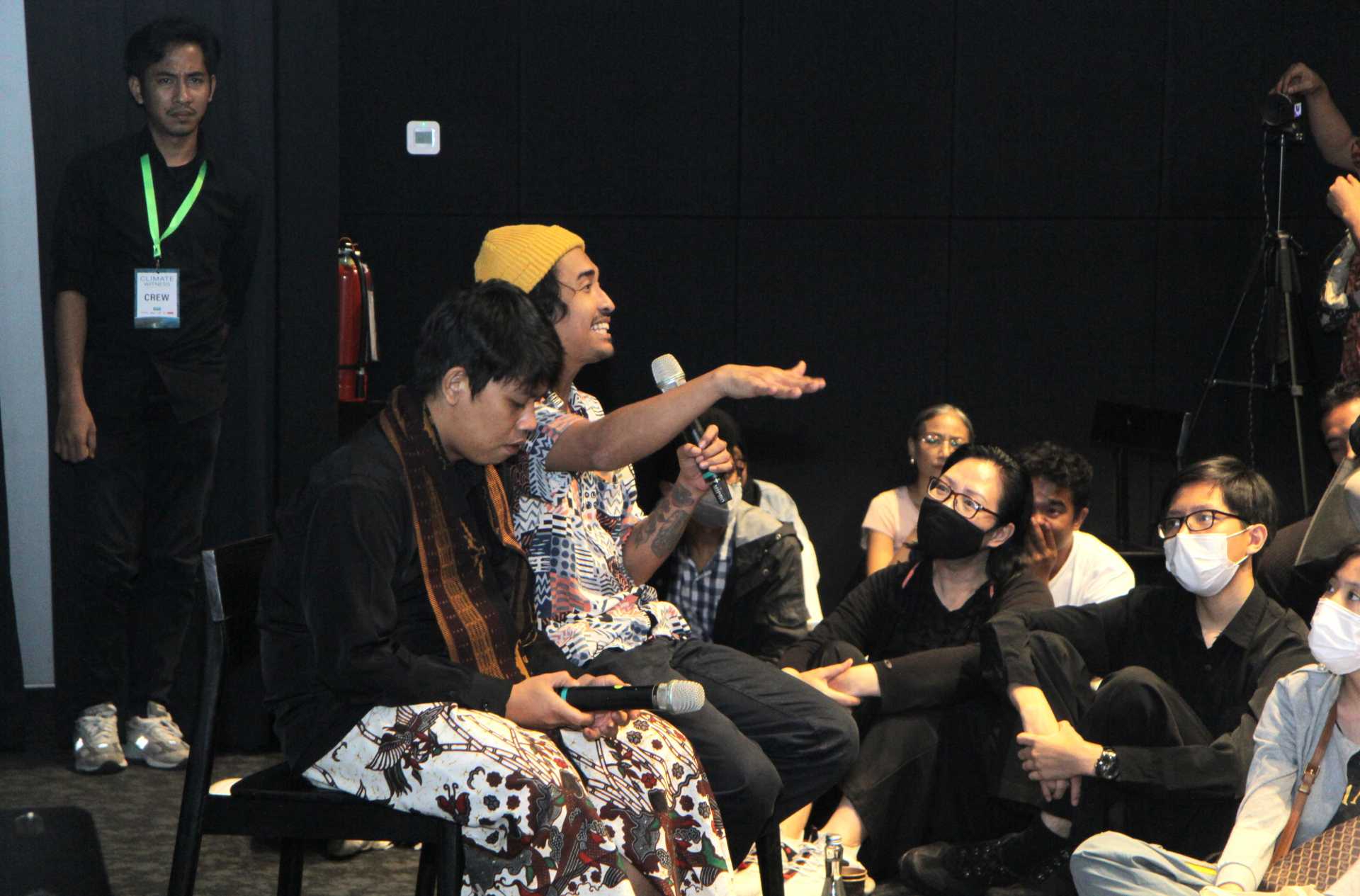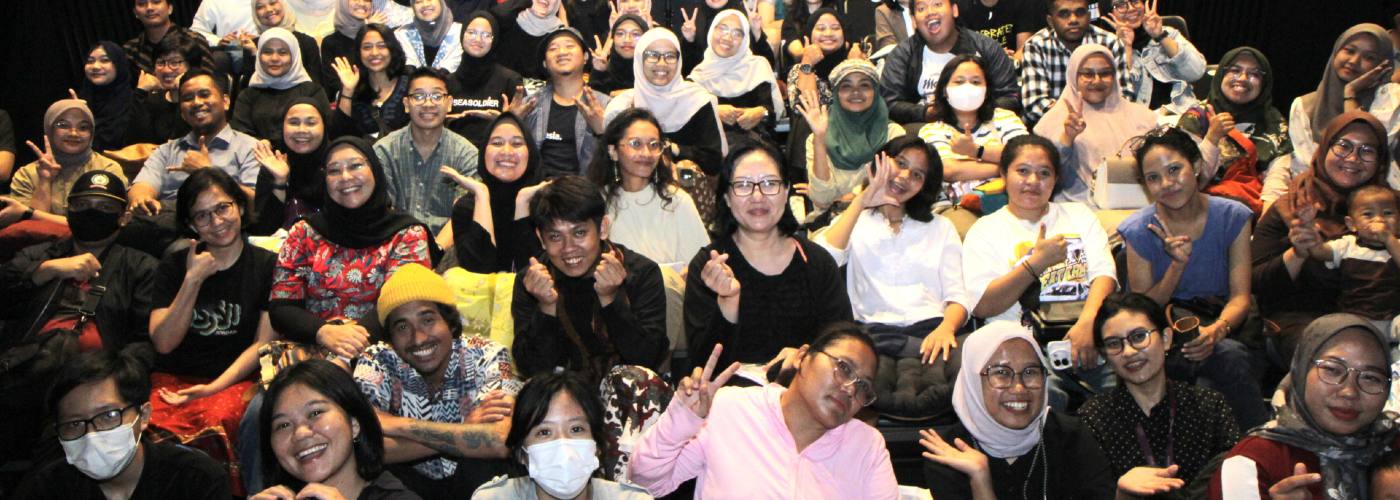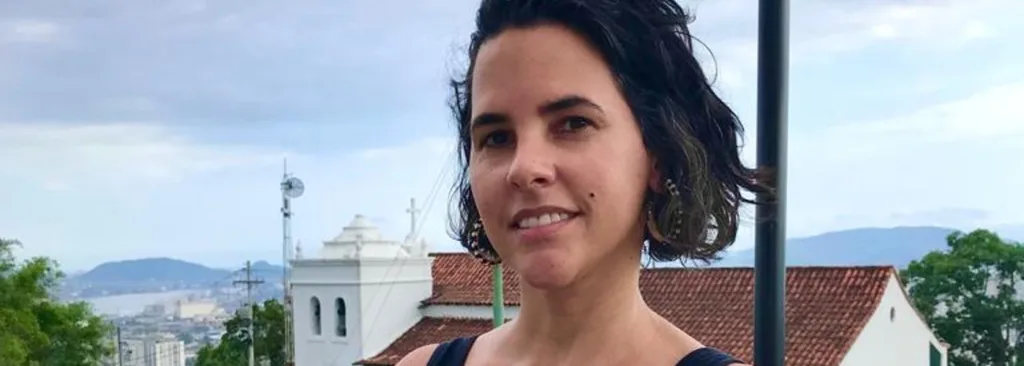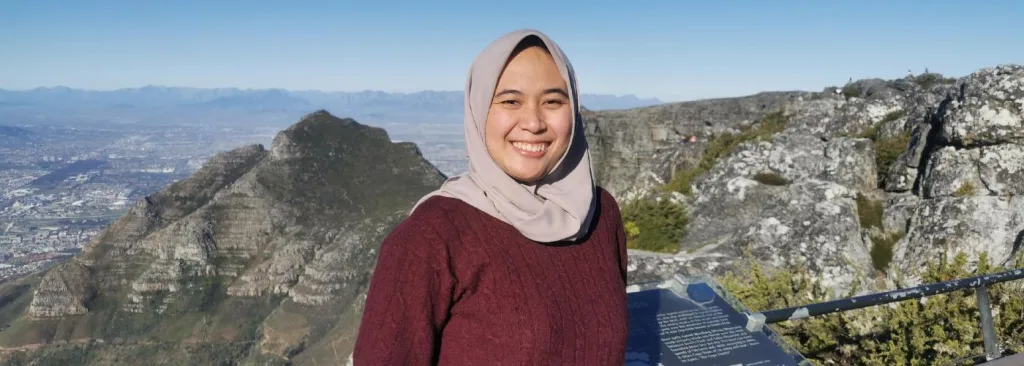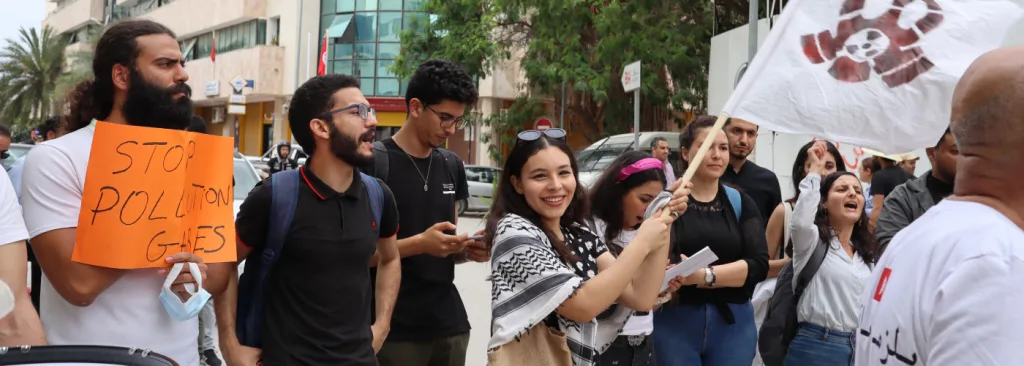This June, the Hivos-affiliated Humanis Foundation launched a short documentary called Climate Witness in the Indonesian capital Jakarta. It tells the story of four inspiring climate activists from the East Nusa Tenggara Province supported by our Voices for Just Climate Action program. Later this year the film will be screened in a dozen other cities across Indonesia.
A historic location
The festive premier took place in the legendary Taman Ismail Marzuki center, colloquially known as TIM, an arts and culture hub that for decades has been the epicenter of Indonesian art movements. Almost one hundred guests attended the premier, most of them young people.
The film as a call to action
Climate Witness was produced with Humanis‘ local partners to showcase the voices and climate initiatives of marginalized Indonesian communities. The work of the climate activists featured in the film is diverse: ranging from assisting affected coastal residents to showing how traditional Indigenous knowledge helps communities adapt to climate change. The film hopes to inspire young people to join the climate movement.
All of the featured activists are allied to Humanis or its partners, like Maria and Klemens.
Local Food Sovereignty in Hewa
Maria Mone Soge (34) is a farmer and math teacher at Wulanggitang High School. In Hewa, her village, access to clean water is becoming increasingly scarce. Although the village has seventeen springs, most of them are running dry, while two have completely dried up. This negatively impacts farming and food security in the entire region.
Maria decided to take action and plant Betung bamboo, which protects springs from drying up and also helps preserve various types of local plants used for traditional food production.
Tackling the plastic crisis as a community
Klemens Heka Hayon (35) grew increasingly frustrated by the plastic garbage marring the beautiful beaches and blue sea of Larantuka. So he started a community initiative that has by now removed six tons of plastic waste from the beaches and two tons from residential areas. He also helped plant coral reefs in the sea and built a garbage collection point where people can dispose of their waste instead of dumping it in the sea. “More and more friends are joining the initiative and now we see communities in other coastal areas also joining the clean-up,” says Klemens.
